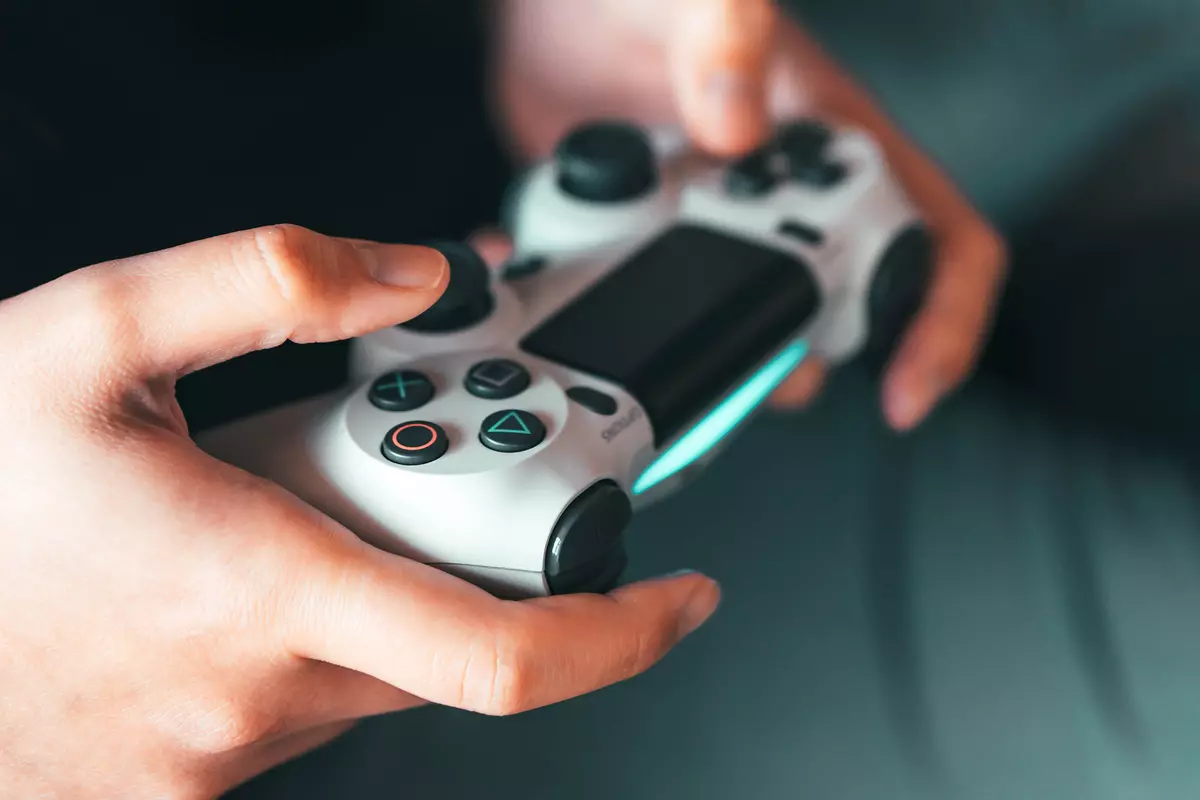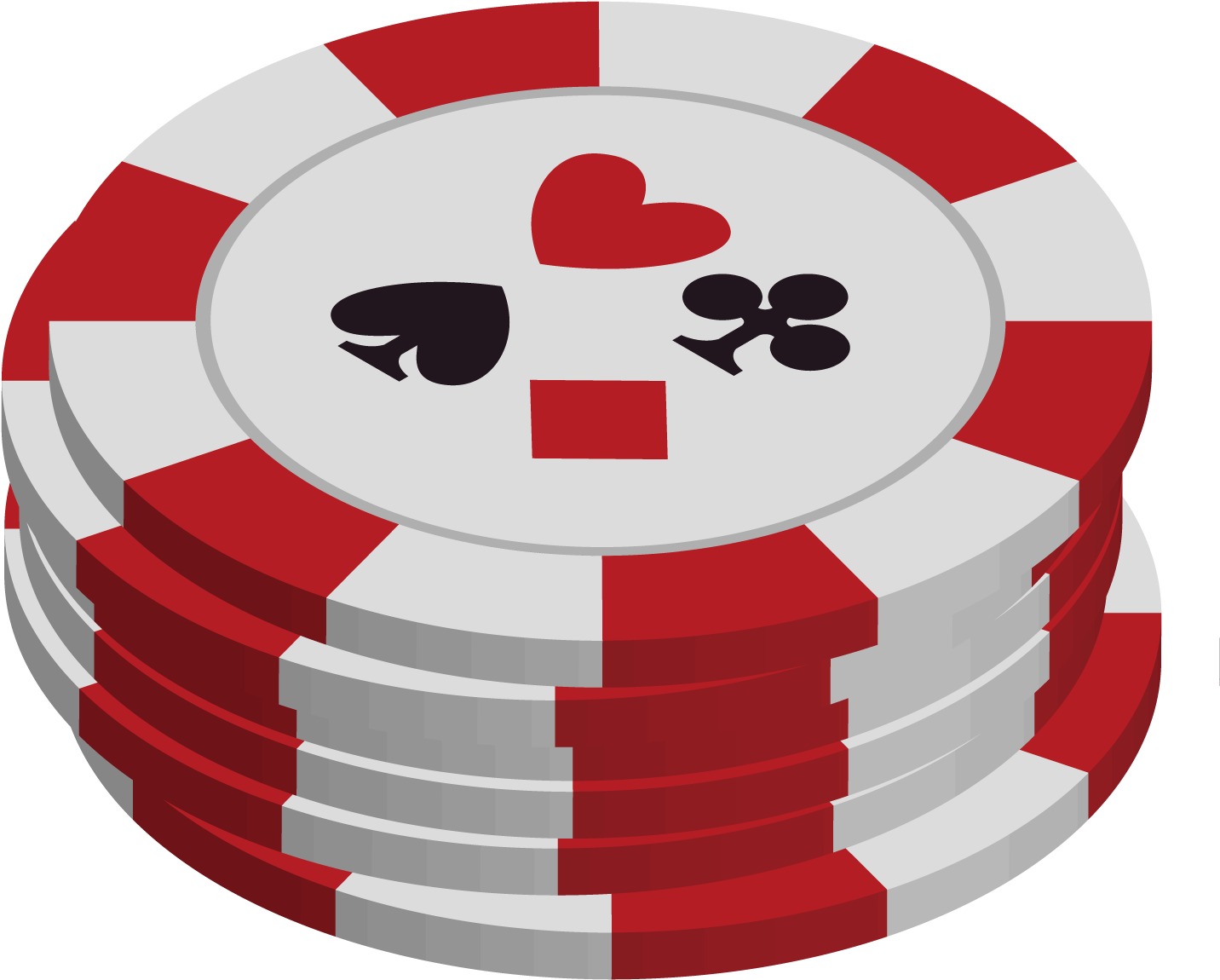Online gambling has many positive qualities. They contribute to the improvement and development of communication skills, help to pass the time, entertain. And now it turned out that they also reduce stress. This conclusion was made by scientists who conducted research at McGill University (Montreal).
Analysis data showed that people who prefer to spend their free time playing casinos via the Internet, the level of cortisol (stress hormone) is reduced by 17%. It turns out a general beneficial effect on the body, improves well-being, improves mood.
Similar conclusions were drawn by another group of experts. At Eastern Carolina University, the work was carried out for six months. The experiment involved 134 people. And scientists from the University of Oxford have proven that online gambling helps to cope with post-traumatic stress disorders. People suffering from this ailment noted an improvement in their condition after a couple of hours spent in an online casino.
A survey was conducted among visitors to sites with gambling entertainment in order to find out how such a pastime affects their mood. The majority of respondents (75%) admitted that games bring them pleasure and help relieve stress after a working day.
Is the emergence of new casinos connected with the growth of gambling?
The last decade was marked by the rapid development of the gambling industry on the Internet. Like mushrooms after rain, more and more new casinos, bookmakers and poker rooms appeared on the Internet. Logically, the number of people suffering from gambling addiction should grow exponentially. But is it really so?
Scientists at the Buffalo Addictions Research Institute say there is no connection between the rise in gambling and the rise of the online gambling industry.
The researchers studied the results of nationwide telephone surveys that were conducted in the United States with a difference of 10 years. There was no significant growth in the number of ludomaniacs, despite the fact that there were more opportunities for the game. Such conclusions were voiced by John Welt, a senior researcher at RIA.

The first survey was conducted in 1999-2000. Then 2613 people were interviewed. The second survey was held in 2011-2013, 2963 people became participants. People were asked about their involvement in gambling activities, considering all possible options:
- practical jokes;
- slot machines;
- sports betting;
- lotteries;
- cards;
- betting on the run;
- online gambling;
- dog racing bets.
Despite the fact that there were more opportunities for gambling, the number of gambling addicts did not increase. Several criteria were used for the research. No significant statistical changes were recorded in any of the cases. The number of people addicted to gambling ranges from 3.5 to 5.5%.
Moreover, the number of participants in gambling entertainment during the years of rapid development of the gambling industry on the Internet has decreased compared to the past. The number of respondents in 1999-2000 was 82.2%, while in 2011-2013 it was only 76.9%. Studies have also shown that people began to spend less time on their hobbies. Previously, an average of 59.9 days a year was spent on games, and in the early tenths this number was reduced by almost a week (53.7 days).
Based on the data obtained, the researchers concluded that among Americans, gambling began to lose popularity. The assertion that the growth in the number of gambling establishments leads to the spread of gambling among the population is contrary to the facts.
But why does it happen this way and not otherwise? After all, according to logic, everything should be different … Scientists do not know the answer to this question. There is an assumption that this has a connection with the “theory of adaptation”. For the first time after the emergence of new types of gambling and the increase in the number of gambling establishments, the number of gamblers is growing. But then society gets used to and adapts to new realities. The negative effects are fading away.
Since time immemorial, people have loved to play games of chance: dice, cards, roulette, casinos, etc. Today, you don’t even need teammates to play games.
The fictional online world is so bright and interesting that you can easily fall out of reality, which usually cannot be compared with the plots of computer games.
However, addiction to games is a serious real problem that many gamers face sooner or later. They run the risk of forever being left on the other side of the screen and missing real life.

What motivates people to play
Entertainment
This is where every third player starts his journey. The game gives positive emotions, and also allows you to relax and relieve stress. Why not?
Especially if there are friends, fun, alcohol and food nearby. A person gets pleasant memories of a good time and, of course, wants to repeat it.
Over and over again, such an activity turns into a habit and the player ceases to be interested in other leisure options.
Desire to earn some money
Everyone wants to have easy money, so casinos, slot machines, sweepstakes, etc. benefit from this by offering to earn big money quickly. Well, money is never superfluous, so a person tries his fate.
Striving for prestige
If a person manages to win money for some time, then he has the opportunity to show off his financial capabilities. He counts on luck and does not notice how the games are pushing him closer and closer to the abyss.
Escape from reality
When there is a crisis in a relationship, problems at work, there is a rejection of oneself and one’s life, a person wants to forget at least for a while and plunge into another reality full of vivid emotions.
In the game, you are confident in your abilities, because you have extraordinary heroic abilities and an unlimited number of lives. Thanks to games, a person asserts himself and increases his self-esteem.
How gambling occurs
From a psychological point of view, excitement is an emotional state. It arises from the expectation of the desired result of the activity. When everything works out, the person feels euphoric and wants to reproduce this feeling again and again.
When a player becomes a gamer, it is impossible to predict. It depends on many factors. In addition, addiction may not exist at all if a person adheres to a certain “prevention”.
Teenagers get addicted faster than adults. However, they are mostly easier to get out of this state. After all, children are easier to control. They tend to take into account the opinions of adults.
But already established personalities rely only on themselves. Their behavior patterns and habits are much more difficult to change.
Here are the alarm bells showing that a person is addicted:
spending all your time playing games with increasing dynamics;
- avoidance of real life (family, friends, work, self-care, etc.);
- interest exclusively in games;
- irritability, outbursts of aggression on others;
- spending the last money or permanent loans for games.
Behind the usual, seemingly innocent habits, like an unmade bed, compulsive behavior, chemical and behavioral





